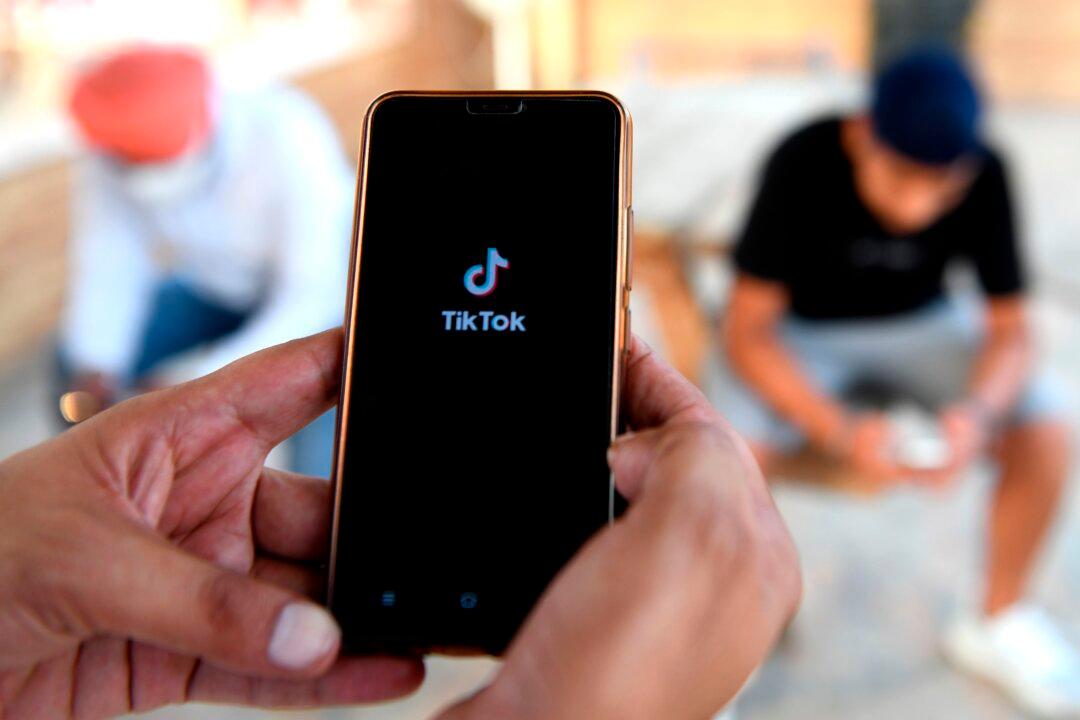When people think of a “data breach,” their natural reaction is to worry about losing information, such as passwords. However, Jason Miller, founder of the social media app Gettr, says that much more is at risk.
“What it’s about is they’re going to know more about your mental makeup than you do, and that’s scary,” he told The Epoch Times on Oct. 1.





